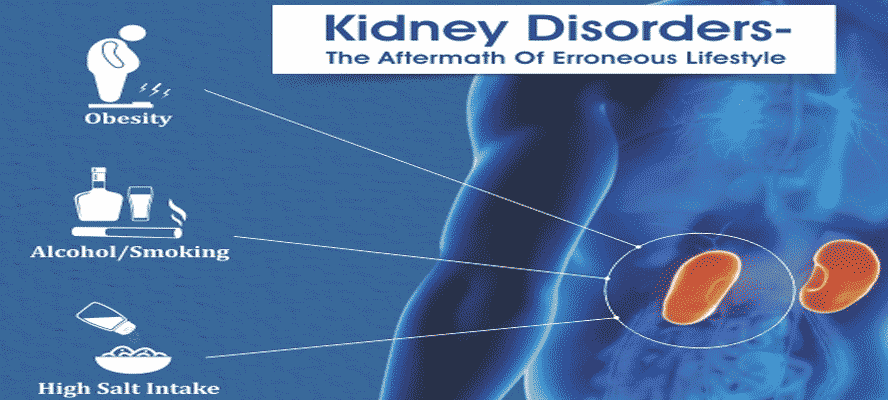What is kidney and its function?
Kidneys
are two reddish, bean-shaped organs located on either side of the spine in the
center of the back. Their prime job is to filter blood
. Each kidney contains about a
millions of tiny filters that can process around 40 gallons of fluid every day. When
blood pressure
through the kidney, the filters sieve and hold onto the substances the
body might need, such as certain nutrients
and much of the water. Extra water along
with harmful waste substances and nutrients are routed to the nearby bladder, and
flushed away as urine
.








